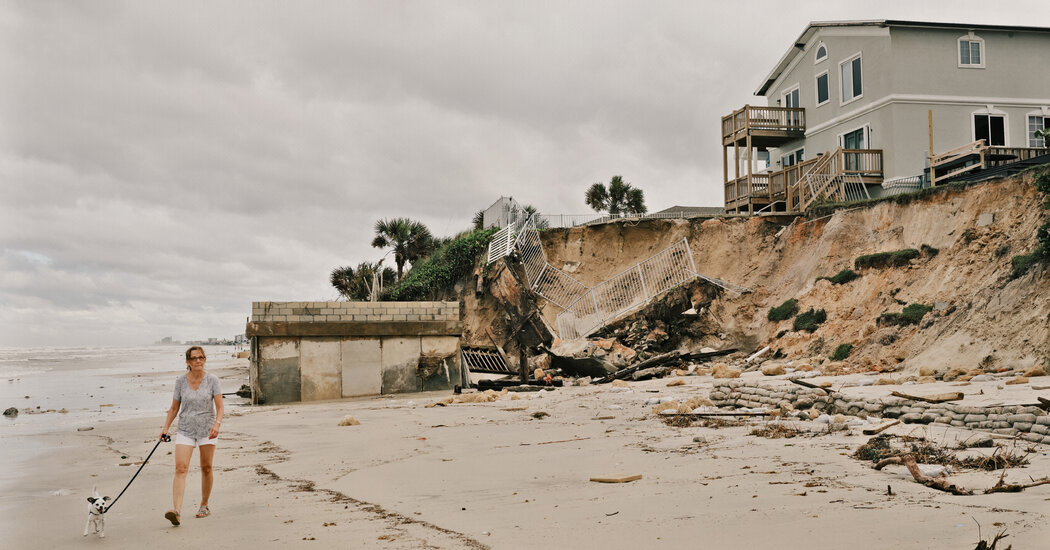Skepticism about incorporating environmental considerations into economic and financial decision making persists in the United States, where conservatives have disparaged investment guidelines that prioritize a company’s environmental, social and governance performance. The social cost of carbon, another metric to assess the economic impact of regulations through their effect on carbon emissions, was set near zero during the Trump administration and has increased significantly under President Biden.
Understanding inflation and how it affects you
Benjamin Zycher, a senior fellow at the right-wing American Enterprise Institute, expressed concern Thursday that the new approach would introduce a degree of subjectivity.
“I think there’s a real danger that if they actually try to include environmental quality values in national accounts, there’s no easy way to do that, and there’s no way it wouldn’t be politicised,” said Dr. Zycher in an interview. “That will be a process full of problems and dubious interpretations.”
However, few economic metrics perfectly reflect reality, and they all need to be refined to ensure they are consistent and comparable over time. Measuring the value of nature is inherently difficult as there is often no market price available, but other sources of information can be just as enlightening. The Bureau of Economic Analysis has made other attempts to measure the value of services that are never sold, such as housework.
“That’s exactly why we need this kind of strategy,” said Nathaniel Keohane, president of the Center for Climate and Energy Solutions, a research and advocacy group. “To really develop the data we need so that it’s not subjective, and to make sure we really put the same quality control and focus on integrity as we do in other areas of economic statistics.”
The strategy does not pretend to cover every aspect of nature’s value, or solve environmental justice issues simply by more fully integrating nature’s contribution, especially for indigenous communities. Those concerns, said Rachelle Gould, an associate professor of environmental studies at the University of Vermont, will have to be prioritized separately.
“There are many other ways that nature matters that can’t be monetized,” said Dr. Gould. “It’s appropriately cautious about what might be possible.”

